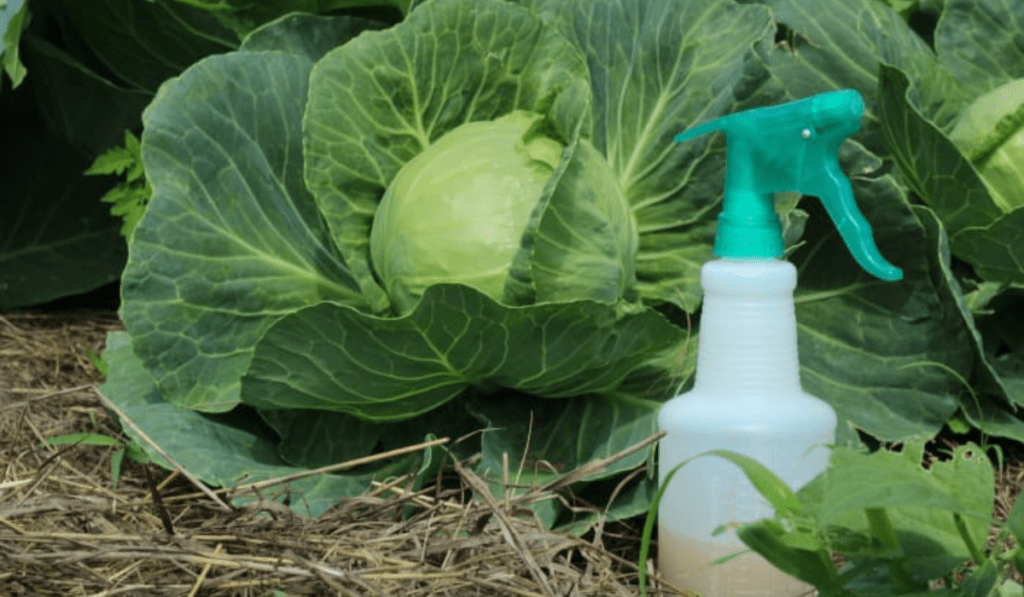Composting kitchen scraps is a sustainable practice that allows you to transform organic waste from your kitchen into nutrient-rich compost. This compost can be used to enhance the health of your soil, providing essential nutrients for plants and reducing the need for synthetic fertilizers. Moreover, by composting kitchen scraps, you can significantly reduce waste that would otherwise end up in landfills, contributing to environmental sustainability.
Are you looking for ways to improve the health of your garden while reducing waste? Composting kitchen scraps is the solution you’ve been searching for. By utilizing this sustainable practice, you can transform your organic waste into a valuable resource for your garden – nutrient-rich compost. Not only will this enhance the health of your soil, providing vital nutrients to your plants, but it will also help to reduce the amount of waste that ends up in landfills. In this article, we will explore the benefits of composting kitchen scraps and provide you with helpful tips to get started. It’s time to create healthy soil and contribute to a greener planet!
Why Composting Kitchen Scraps is Essential for Healthy Soil
Composting kitchen scraps is a simple yet highly effective way to improve the health and fertility of your soil. When you compost organic waste from your kitchen, such as fruit and vegetable scraps, coffee grounds, and eggshells, you create a nutrient-rich compost that can nourish your plants and support their growth.
The Benefits of Composting Kitchen Scraps
1. Improved Soil Structure: Compost helps improve the structure of soil by increasing its water-holding capacity and promoting better aeration. This allows plant roots to penetrate deeper, ensuring better nutrient absorption.
2. Enhanced Nutrient Content: Composting kitchen scraps adds essential nutrients, such as nitrogen, phosphorus, and potassium, to the soil. These nutrients are crucial for plant growth and development, contributing to healthier, more productive plants.
3. Reduced Dependence on Synthetic Fertilizers: By using compost derived from kitchen scraps, you can reduce or eliminate the need for synthetic fertilizers. Synthetic fertilizers can leach into water sources and have negative environmental impacts, making compost a more sustainable choice.
4. Reduction of Waste Sent to Landfills: When we compost kitchen scraps, we divert organic waste from ending up in landfills. This not only reduces the production of methane, a potent greenhouse gas, but also decreases the strain on landfill capacities.
What to Compost and What to Avoid
Not all kitchen scraps are suitable for composting.
Here are some items you can compost:
- Fruit and vegetable scraps
- Coffee grounds and tea bags
- Eggshells
- Nutshells
- Grains and bread
On the other hand, avoid composting meat, fish, dairy products, oily foods, and pet waste. These items can attract pests or create unpleasant odors in your compost pile.
How to Compost Kitchen Scraps
Follow these steps to compost your kitchen scraps:
- Get a compost bin or designate an area in your backyard for composting.
- Collect kitchen scraps in a countertop container or small bin.
- Layer the scraps with brown materials, such as dry leaves or shredded newspaper, to maintain the right balance of carbon and nitrogen.
- Turn the compost pile regularly to speed up the decomposition process.
- Keep the compost pile moist but not waterlogged.
- In a few months to a year, depending on various factors like temperature and moisture, your compost will be ready to use in the garden.
Using Compost in Your Garden
Once your compost is ready, you can use it to nourish your plants and improve your garden’s soil quality. Spread a layer of compost around the base of plants, or mix it into the soil before planting. Compost can also be used as mulch to retain moisture and suppress weeds.
Remember to continue adding kitchen scraps and other compostable materials to your compost pile regularly to maintain a steady supply of nutrient-rich compost for your garden.
FAQs
Can I compost citrus peels and onions?
Yes, you can compost citrus peels and onions. However, it’s recommended to chop them into smaller pieces to speed up the decomposition process. Avoid using excessive amounts of citrus peels as they can make the compost too acidic.
What can I do if my compost smells bad?
If your compost smells bad, it may indicate an imbalance in the composting process. Add more dry, carbon-rich materials like leaves or shredded paper to absorb excess moisture and improve airflow. Also, ensure proper turning of the compost to enhance decomposition and minimize odors.
How long does it take for kitchen scraps to turn into compost?
The time required for kitchen scraps to turn into compost varies depending on factors such as temperature, moisture, and the size of the scraps. Generally, it takes anywhere from a few months to a year. Regular turning and moisture management can accelerate the decomposition process.
Can I compost in an apartment or without outdoor space?
Absolutely! You can compost in an apartment or without outdoor space using methods like vermicomposting or Bokashi composting. Vermicomposting involves using worms to break down kitchen scraps, while Bokashi composting relies on fermenting the organic waste. Both methods are suitable for indoor composting.
Conclusion
Composting kitchen scraps is a simple yet impactful way to improve soil health and reduce waste. By composting, we can enrich our gardens with nutrient-rich soil, reduce the need for synthetic fertilizers, and divert organic waste from landfills. Remember to maintain the right balance of materials and provide proper care to ensure successful composting. Start today and contribute to a more sustainable future!



